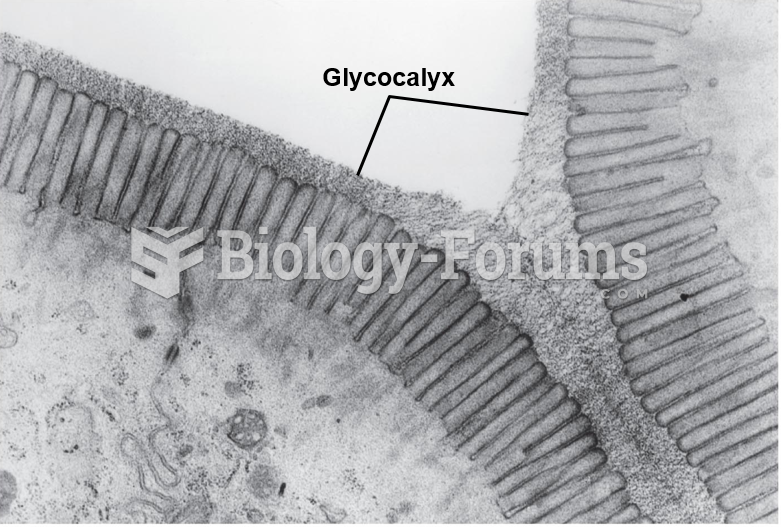Question 1
The Battle of New Orleans was noteworthy not only because it was a crushing defeat for the British but because it __________.
A) involved the Spanish in fighting alongside the Americans
B) occurred after the Treaty of Ghent with Britain had been signed
C) forced the British to make unwanted concessions in negotiating peace
D) was catastrophic for the British Navy
Question 2
President George W. Bush's statement we will make no distinction between the terrorists who committed these acts and those who harbor them after the 9/11 attacks justified his decision to immediately __________.
A) bomb al-Qaeda strongholds in Yemen in response to its attack on the USS Cole
B) invade Afghanistan and oust the Taliban regime for not turning over al-Qaeda members
C) permit waterboarding as a form of torture against al-Qaeda prisoners at Guantnamo Bay
D) invade Iraq and remove Saddam Hussein from power
Question 3
How does this cartoon support War Hawks' demand for war against Britain in 1812?
A) It portrays the British as colluding with the Indians against Americans.
B) It declares that Indians had been unjustly deprived of their lands by white settlers.
C) It depicts the fertile lands the United States could claim through victory.
D) It expresses frustration with British domination of the fur trade.
Question 4
The April 19, 1995, bombing of a federal building in Oklahoma City by Timothy McVeigh and his accomplice Terry Nichols is best remembered as __________.
A) an attack launched by opponents of the Second Amendment's right to bear arms
B) payback for supporting Israel in the Arab-Israeli conflict
C) the first terrorist attack in the United States by al-Qaeda operatives
D) the deadliest terrorist attack against American civilians until 9/11
Question 5
The map showing battles and troop movements during the War of 1812 indicates that most of the major battles were fought in order to __________.
A) control Canada
B) secure the mouth of the Mississippi River
C) capture the American government in Washington, D. C.
D) break up the British blockade along the Atlantic seacoast







